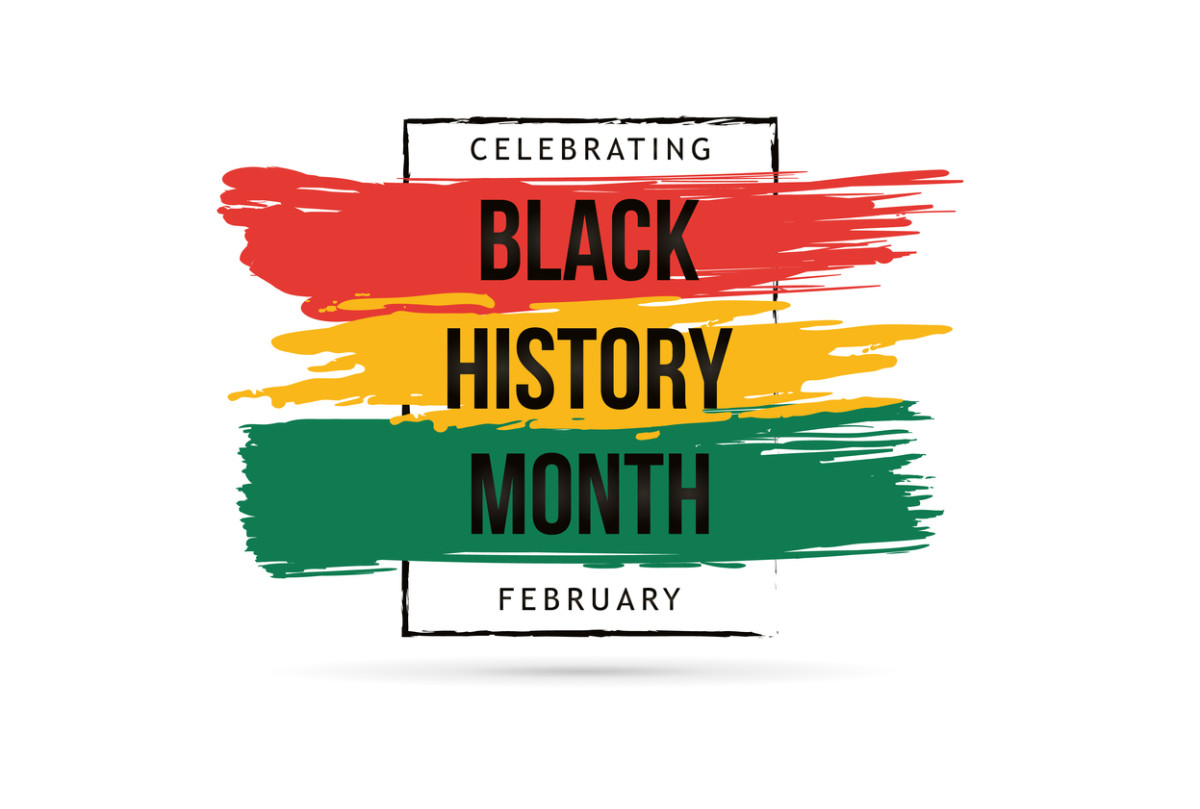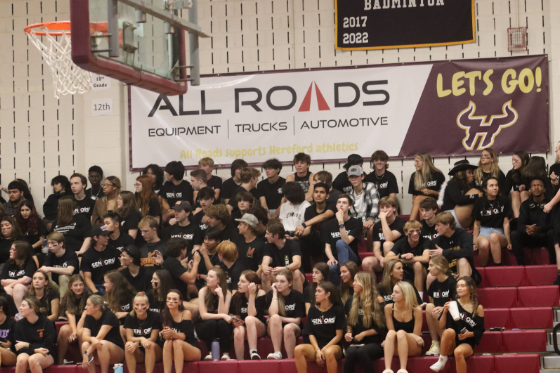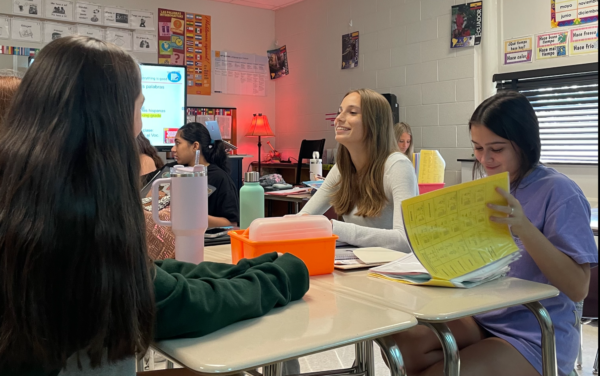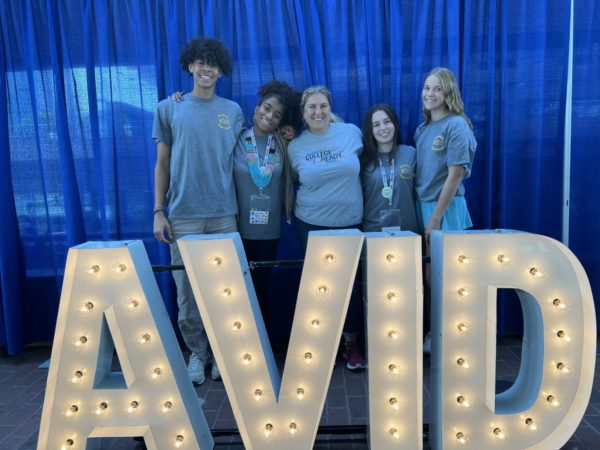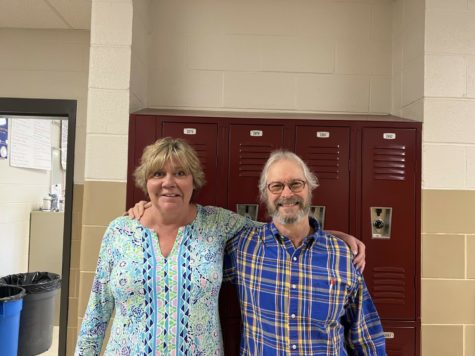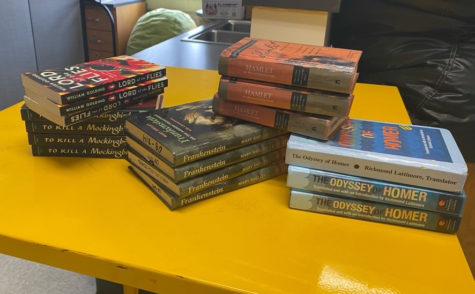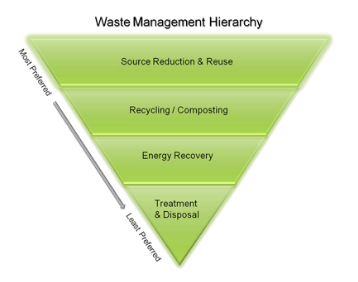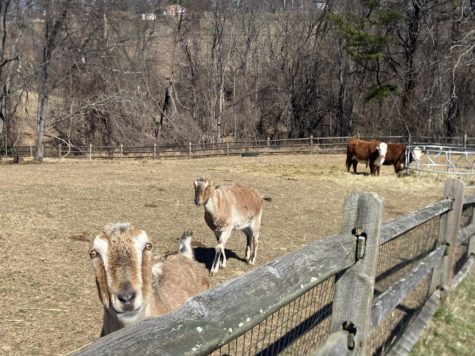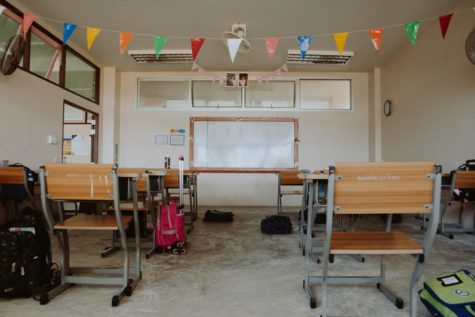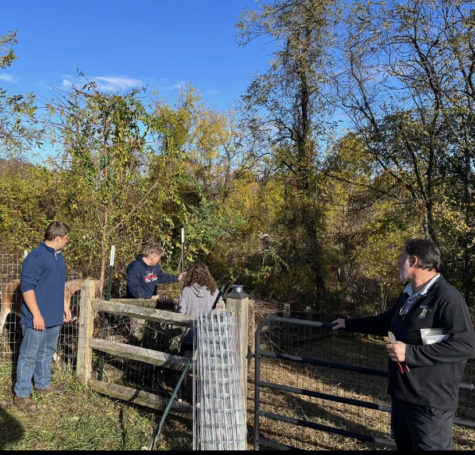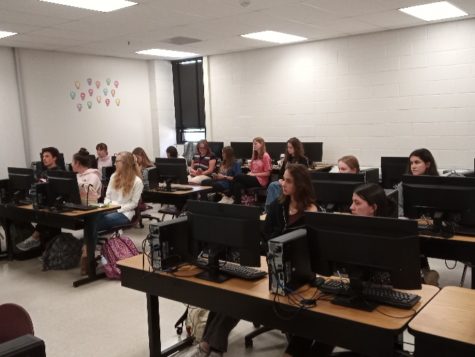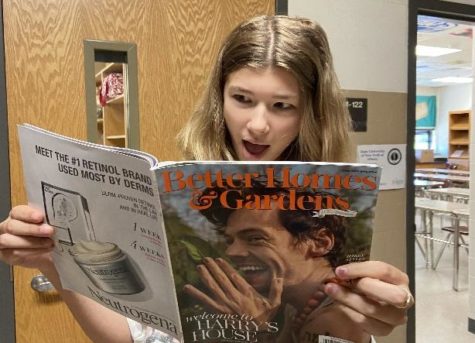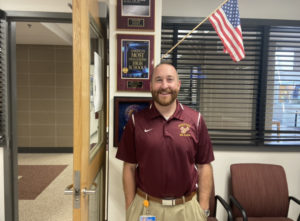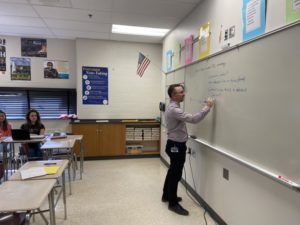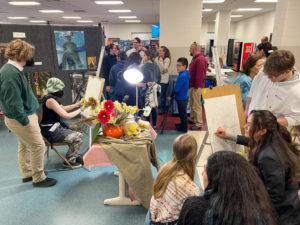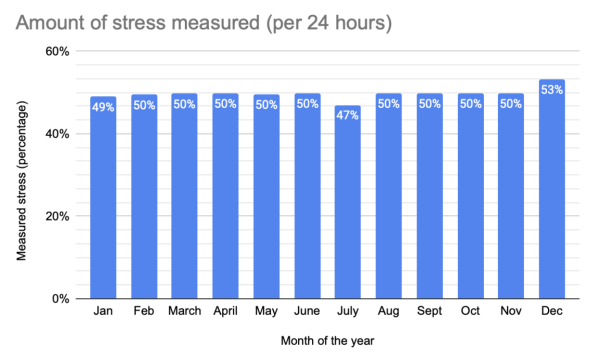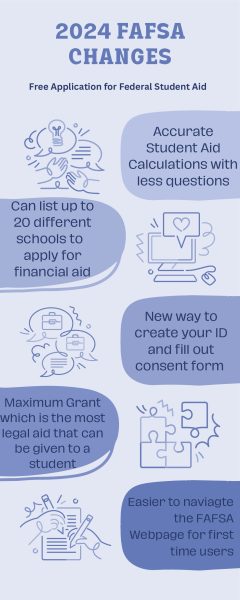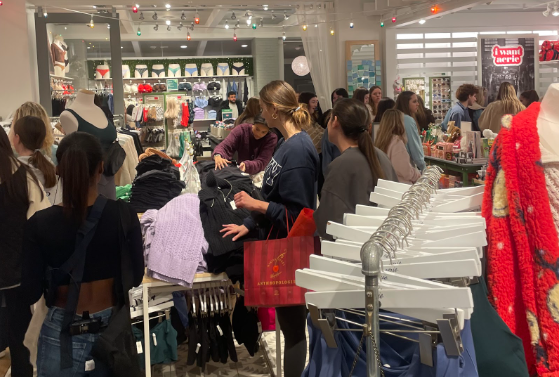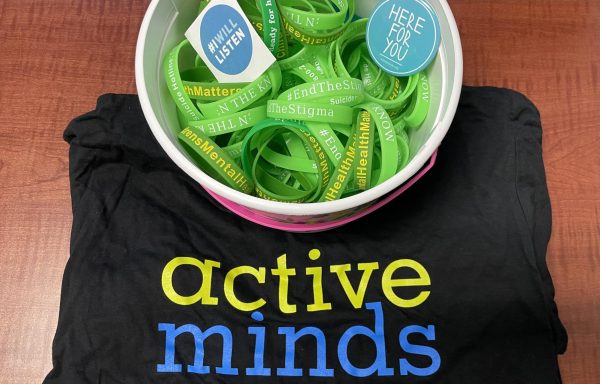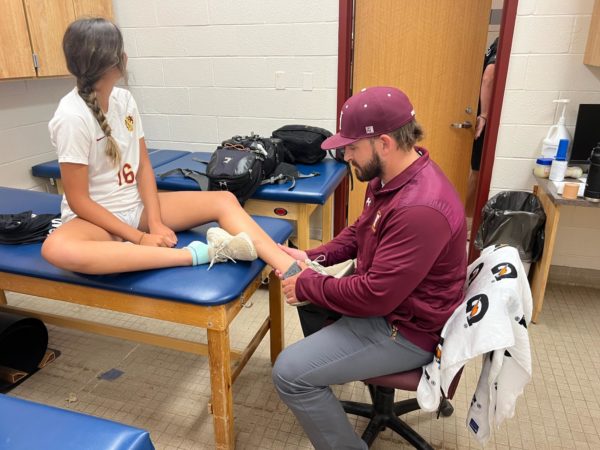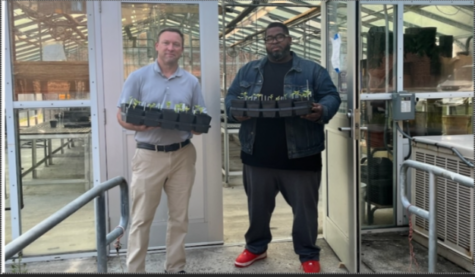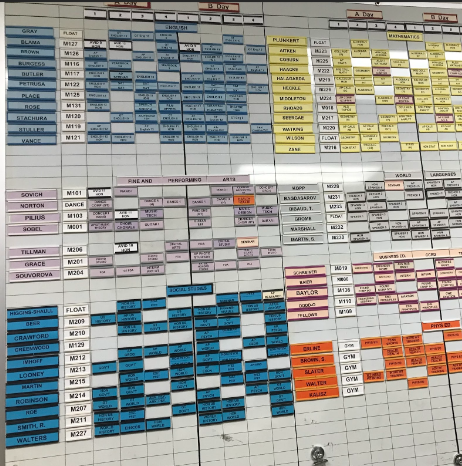One year later: World reflects on Paris attacks
November 14, 2016
“I remember a bad feeling,” Baptiste Florent said. The foreign exchange student from Flines-lez-Raches in northern France became somber as he recalled the Paris terrorist attacks Nov. 13 last year. “I have some family who lives near Paris, and I was worried about them. It was close to their house.”
The attacks impacted lives back in the U.S., too. Ayoub Ibrahi Mohammad is a custodian at Hereford who is originally from Benin but lived in France for much of his life. He had friends and family in Paris when the bombings took place.
His father and cousin were in the Stade de France watching the soccer game when bombs went off outside the stadium. One of his friends was very close to one of the targeted cafés. He had ordered a steak, but left for home after waiting fifteen minutes for his meal. Not twenty minutes after he left the café, it was attacked. “Thank God everything was fine,” Mohammad said. “Nobody got hurt.”
The bombings, instigated by the Islamic State (IS), killed at least 130 people and injured over another 360. Since then, terrorism has become a global issue. From homegrown attacks at an Orlando night club to suicide bombings at a Brussels airport, the world has seen over 1,000 terrorist attacks in the past year, according to an article published in March on PRI.org. Many of them go unnoticed.
“We tend to give a lot of importance to Paris and ignore more people being killed in other areas of the world,” French teacher and World Languages Department Chair Peggy Kopp said. “I wonder if that is because it is a Western European country, and we feel more connected, we feel more like that could be us . . . than with somewhere in the Middle East or Africa.”
Do we really understand the threat terrorism is to the world here in the U.S.?
“I think you do,” Florent said. “But I don’t really know what you do against it.”
Attacks such as those that occurred in Paris and Brussels have prompted improvements in security. Florent described visible changes that have taken place in his hometown.
“Before, at my school, we could leave the school like you want,” he said. Now they have guards to watch who comes and goes, he said, and “people are more careful.”
Mohammad said that the French are making efforts to prevent youth from making bad decisions that could cause them to potentially join the IS and become radicalized.
“They are trying to talk to those youth . . . try to help them find a job, go back to school, get your degree, please be more open to the world, be more positive,” Mohammad said. “That’s the only thing we can advise them, because I don’t think they know what they are doing.”
Back in the U.S., “I definitely think high school age students don’t have a sense of what’s happening, and many adults don’t have a sense of what’s happening,” Kopp said. “I think that’s partly the fact that we’re so busy, partly that it’s far away, and partly that our news outlets don’t cover international events as much as international outlets cover American events. I think we should have more access to information.”
While Kopp understands that the morning announcements at Hereford may already be too long and sometimes cut into instructional time, she suggested that they could potentially cover current events.
“If we are going to update on professional sports events, why not update a little bit on news headlines?” she said. “I know when the bombings happened in Paris, there was nothing on the morning announcements. We don’t seem to react as a school.”
In some instances, it may be that Americans exaggerate the severity of terrorist attacks and threats.
Kopp told me that Islamophobia has become prevalent in France. She explained that the Front National (FN) has become a strong party there over the past couple of years. It’s comprised of “a lot of isolationists, nationalists, people who are afraid of people from other countries,” and those attitudes are “focused on the Arabs and Africans,” Kopp said.
While this may be true, Florent seemed to differ. “[People] are scared, but not of Muslims,” he said.
Mohammad thought so, too. In France, “it is like a melting pot,” he said. “You see a lot of people from Morocco, a lot of people from West Africa, from Central Africa, Asian people, and people just live. . . . Some of the media is trying to polarize stuff like ‘Oh, we have to be careful with Muslim people,’ but in general people just live peacefully.”
“Nobody is safe. You just have to do what you have to do,” Mohammad said. “People just live. They don’t want to stop their life because of those things.”
This difference in perspectives towards French-Muslim relationships reflects a possible misunderstanding Americans have surrounding terrorism and related Islamophobia.

